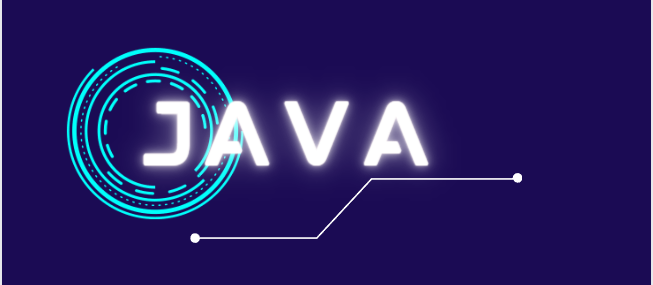"Start Learning Java: A Beginner's Guide"
Java is a popular programming language that's extensively used for developing a variety of software operations. It's a high- position, object- acquainted language that's known for its platform- independence, meaning that programs written in Java can run on any device or operating system that supports the Java Virtual Machine( JVM).
In this blog post, we will give a freshman's companion to learning Java, including tips on where to find coffers, how to exercise, and what you can do with Java once you've learned it. The first step in learning Java is to install the Java Development Kit( JDK) on your computer. The JDK is a software package that contains all the tools you need to develop Java programs. You can download the JDK from the Oracle website.
Once you have the JDK installed, you can start writing and running Java law. The coming step is to learn the basics of the Java programming language. Java has a more complex syntax than some other languages, so it may take some time to get used to. There are numerous coffers available online that can help you learn the basics of Java, similar as tutorials, online courses, and rendering charge camps. Some popular online coffers include Codecademy, Coursera, and edX.
Once you understand the basics of Java, it's time to start rehearsing. Writing law is the stylish way to learn Java. Start with small programs that perform introductory tasks, similar as publishing" Hello, World!" to the press. As you come more comfortable with the language, try writing more complex programs. One of the stylish ways to ameliorate your Java chops is by working on systems. There are numerous online coffers that give design ideas and tutorials, similar as HackerRank and CodeWars.
These systems can help you ameliorate your chops and understand how to use Java in a real- world setting. Java is a important and protean programming language, with a vast community and coffers available to help you learn. With a bit of practice and fidelity, you can come a professed Java inventor and produce amazing operations. Java is used in wide range of operations, similar as web development, mobile development, desktop operations, and enterprise operations.
Once you've learned Java, you will be suitable to develop software for a wide range of platforms and bias. Keep in mind that learning to program takes time and practice. Do not be discouraged if you encounter challenges or do not understand commodity right down. Keep literacy and rehearsing, and you'll ameliorate over time.


Comments
Post a Comment